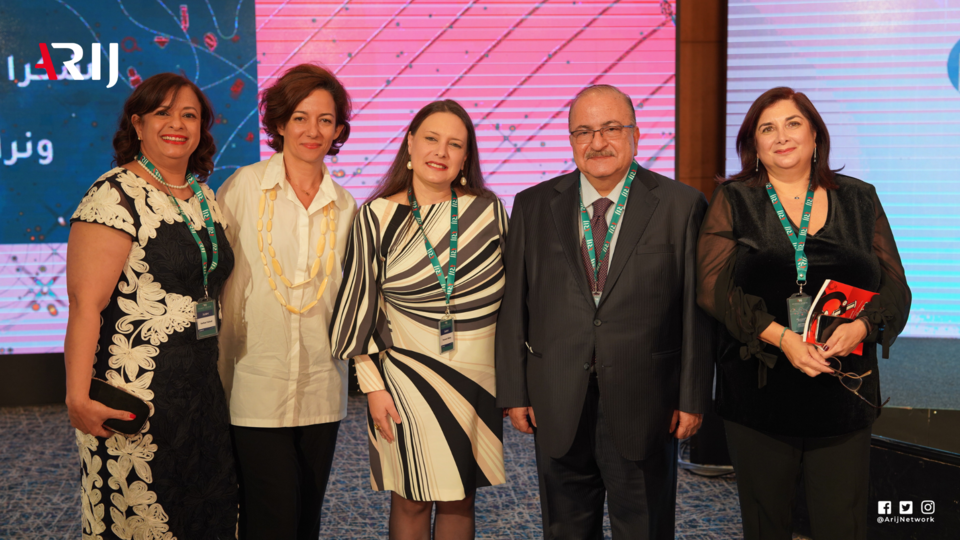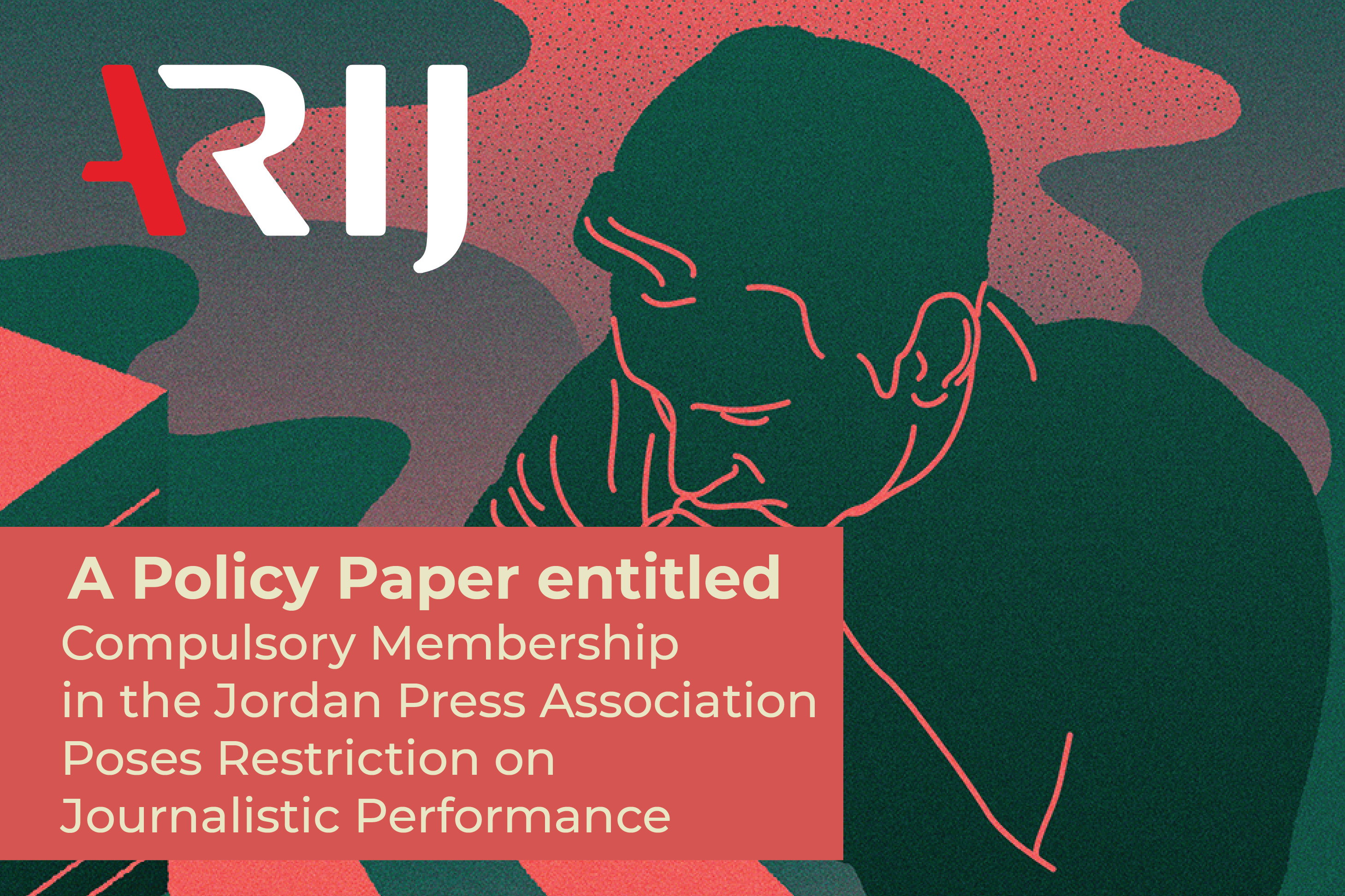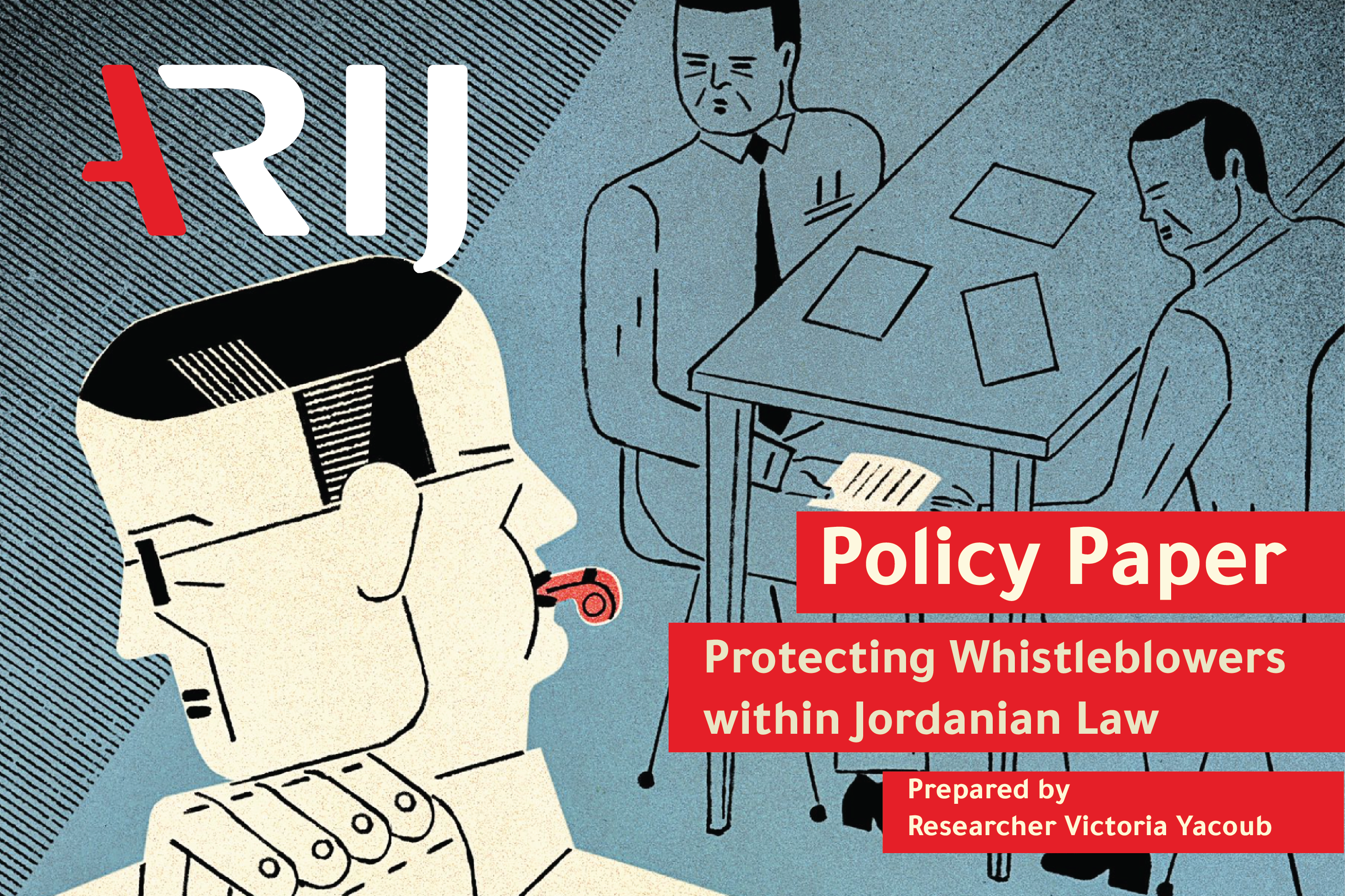SUMMARY
Under the theme: “Journalism & Accountability in a Disrupted World”, ARIJ21; 14th hybrid annual forum, took place on December 3rd - 5th, 2021 in Amman, Jordan.
Due to the recent global disruptions, those in power have been seizing the pandemic as an opportunity to silence journalists, restrict their access to information, and contribute to partial, if not total, media blackout. It has become more important than ever for journalists to hold the powerful accountable for their actions. In light of that, ARIJ’s board has selected this year’s Forum theme.
ARIJ Forum was a chance to explore new directions, tackle current challenges, share knowledge, and network with leaders of Arab and global investigative journalism movements; an annual event to boost reporting skills, learn new tools, and get acquainted with the latest trends in investigative reporting.
The Forum offered opportunities for its participants to network with digital platforms, TV broadcasters, technology companies, and universities from around the globe. In addition to offering opportunities to train and equip journalists, to serve as society’s watch-dogs in favour of democracy, transparency, and the rule of law in one of the world’s most autocratic regions. Moreover, giving lecturers and media students a chance to interact with professionals.
Building on last year’s full virtual experience, ARIJ planned a hybrid Forum for 5700 virtual and physical participants from 50+ countries. ARIJ21 hosted a total of 130+ speakers from 30+ different countries; 70+ speakers in pre-Forum activities and 60+ speakers in Forum activities. 50% of speakers were females, for the 2nd year in a row. ARIJ21 Pre-Forum activities began on October 20th, 2021.
This included: 8 workshops, 12 webinars, 3 meetings, 2 networking days and a virtual exhibition. This all provided Arabic speaking journalists with the latest insights, methodologies, and tools related to the investigative journalism ecosystem covering different topics such as: mis/disinformation, comprehensive safety, digital storytelling, innovation, fundraising, producing investigative podcasts, blockchain, etc. These sessions were attended by 4800+ participants.
On the evening of December 2nd, ARIJ Director General Rawan Damen and Communications Manager Samya Aish hosted a live session to highlight ARIJ21
agenda.
The official opening ceremony on December 3rd was attended by 400+ virtual and physical attendees, including Swedish Ambassador Alexandra Rydmark and Dutch Ambassador Harry Verweij in Jordan.
In addition to the planned sessions, 40 one-on-one digital security clinics took place physically. This included checking Pegasus spyware on different mobile phones, and laptop devices


















 - “Compulsory Membership in the Jordan Press Association Poses Restriction on Journalistic Performance” (
- “Compulsory Membership in the Jordan Press Association Poses Restriction on Journalistic Performance” ( - “Protecting Whistleblowers within Jordanian Law” (
- “Protecting Whistleblowers within Jordanian Law” (



